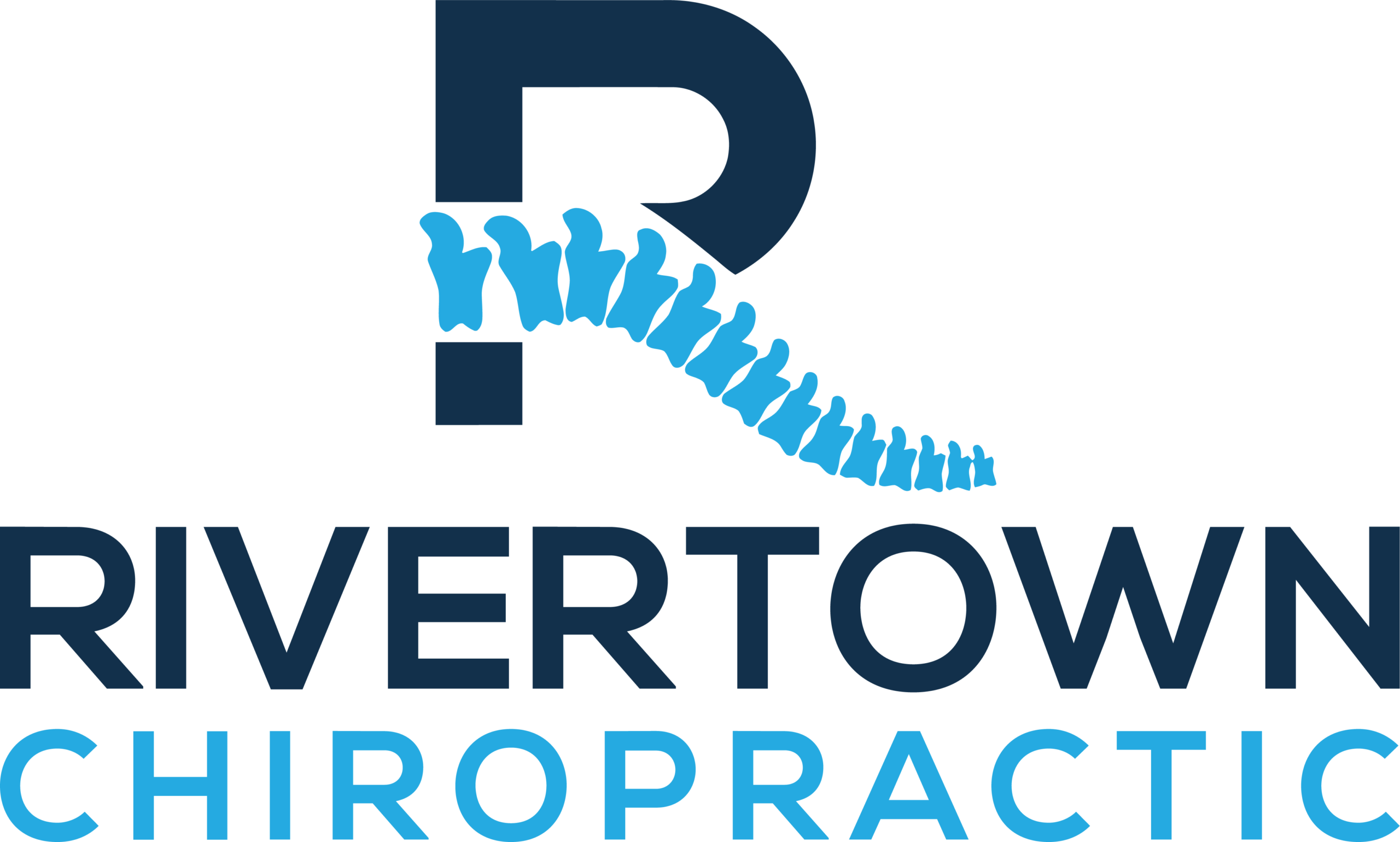Simple Carbohydrates vs Complex Carbohydrates: What’s the Difference?
RIVERTOWN CHIROPRACTIC
Dr. Philip Rodger
Owner and Clinic Director
Between 45 and 65 percent of your daily calories should come from carbohydrates. That means, if you eat 2,000 calories per day, 900 to 1,300 of them should come from carbs.
This fact doesn’t give you carte blanche, though. The truth is, all carbs are not created equally, and you have to learn the difference between simple carbohydrates vs complex carbohydrates.
One of these options makes for a better, more filling and more well-rounded addition to your daily diet. But which one is it? Read on to find out more.
Simple Carbohydrates vs Complex Carbohydrates
Perhaps you’re here because you’re seeking to lose weight. It’s no secret that doing so is difficult, especially when you have stubborn fat to fight.
Popular wisdom may lead you to believe that you need to cut out all carbohydrates in order to lose weight. This is not true, though. The fact is, you need to choose the right kind of carb.
What are Simple Carbohydrates?
It’s simple to remember what simple carbohydrates are.
In short, they are sugars. Yes, the sweet stuff that’s added to so many processed food is actually the prime source of simple carbs. High-fructose corn syrup, brown sugar, glucose, fruit juice concentrate, fructose, sucrose and raw sugar all count as simple carbs.
As such, you can probably envision some of the most notorious, simple-carb-loaded foods and beverages. They include:
- Soda
- Packaged sweets
- Breakfast cereals
- Baked goods
- Fruit juice concentrates
But you’ll also find refined grains under the umbrella of simple carbohydrates, too. Although they derive from wheat — which can better your diet with fiber, vitamins and minerals — the nutritional value is stripped during the refinement process.
Whether you eat a sugar-loaded treat or a slice of nutritionally void white bread, the end result will be the same. Your body will quickly burn through the simple carbs, which spikes your blood sugar. When that burst of energy wears off, your blood sugar levels dip — which makes you feel sluggish and often stokes cravings for more simple carbs.
Clearly, simple carbs aren’t going to help you in your efforts to lose weight. Instead, they can adversely affect your health and put you at risk for other health conditions, such as diabetes.
What are Complex Carbohydrates?
On the other hand, you have complex carbohydrates. Unlike simple options that give carbs a bad reputation, these foods are great for your body. They can stoke weight loss, too, especially if you track them as part of a macro-based diet.
Complex carbohydrates are those that have not been refined, as described above. Instead, they maintain their original form and, with it, they retain all of the goodness that makes you feel full and satisfied.
When you eat complex carbohydrates, you tend to get a hearty helping of fiber. Fiber slows up the digestion process, which makes you feel fuller for longer. Compare this with the quick energy burn ignited by simple carbs — it’s easy to see which option will bolster your health and eating habits.
Many whole foods count as complex carbohydrates, including:
- Fruits
- Vegetables
- Whole grains
- Beans
- Nuts
- Peas
- Rice
- Whole-grain bread and cereals
- Oats
No matter which complex carbs you incorporate into your diet, you will fuller and more satisfied — you can’t say the same about sugary foods or refined grains.
Why Should I Choose Food Rich in Complex Carbohydrates?
It’s not just about feeling fuller for longer. Complex carbohydrates offer you a slew of benefits that simple carbs cannot. The benefits of choosing whole, more well-rounded carbs include:
- Simple Carbs Can Cause Overeating
Perhaps you’re looking at the ChrioThin website because you want to lose weight. We can help you with your efforts, of course. And you can boost your results when you make healthy food choices, too.
Skip simple carbs if you have the tendency to overeat. We’ve already noted that simple sugars and carbs will spike your blood sugar levels. When those numbers dip — usually about an hour after you eat — you’ll feel hungry again.
Technically, you shouldn’t be hungry again. But if your blood sugar vacillates, you’re likely to eat again — and that means you’ll overeat in the course of a day. That’s why simple carbs have their links to overeating and obesity.
Instead, if you select a complex-carb-heavy diet, you’ll maintain blood sugar levels throughout the day. And, if you’re balanced, you won’t feel the need to munch on sweet snacks to feel energized and full throughout the day.
- Simple Carbs Can Contribute to Heart Disease and Diabetes
If you’re craving — and eating — sugar all of the time, it can’t be good for your heart.
It makes sense if you think about it: simple carbs will spike your blood sugar levels. Over time, if your blood sugar levels are too high, you could face insulin resistance, as well. And all of these issues combined can cause diabetes.
On top of that, simple carbs have been shown to increase blood triglyceride levels. High blood triglyceride numbers have their links to heart disease, too.
Ready to Choose the Right Carbs
There’s a clear winner in the simple carbohydrates vs complex carbohydrates debate. On a daily basis, you should fill your diet with complex carbs that make you feel fuller for longer. They have more nutrients to offer you, too.
This doesn’t mean you can’t indulge in a simple carb from time to time, of course — life’s all about balance. But if you want to shed pounds and stay healthy, focus on complex options. And, don’t forget, we can help you on your weight-loss journey, too.
Are you ready to get started on the path to a healthier you? Click here to find a ChiroThin doctor in your area.


